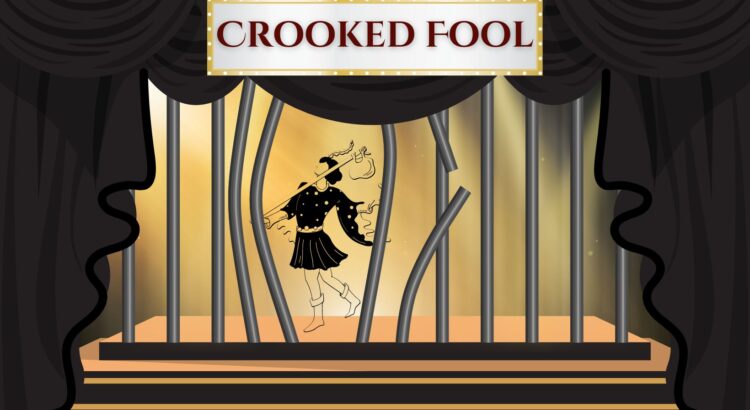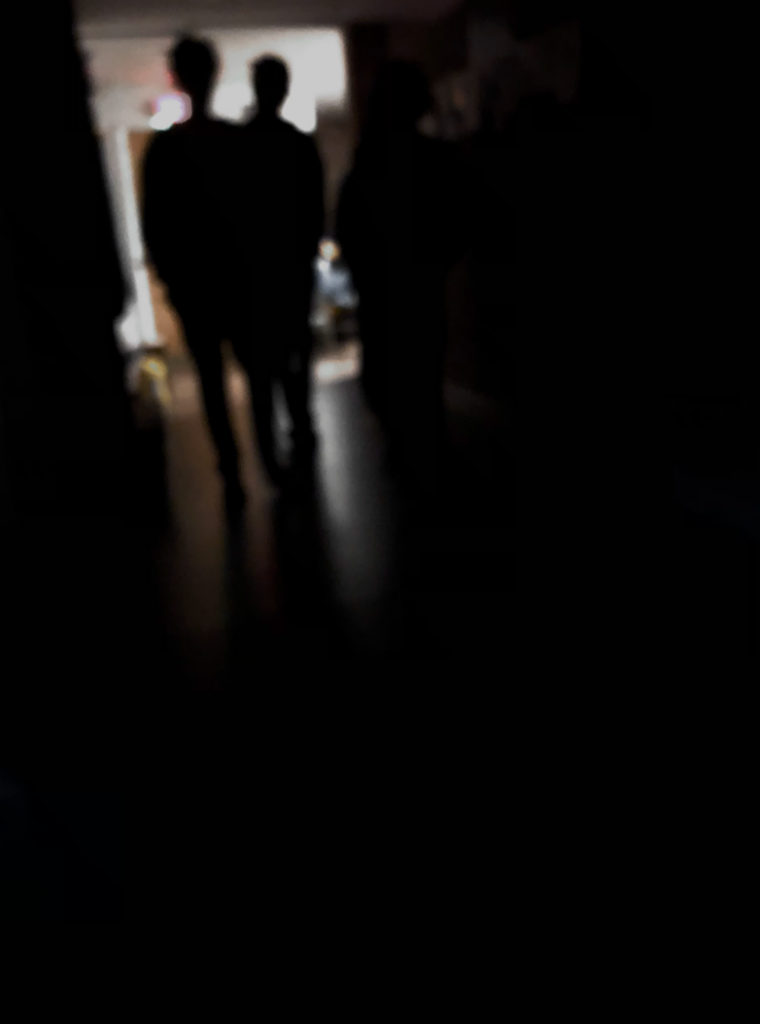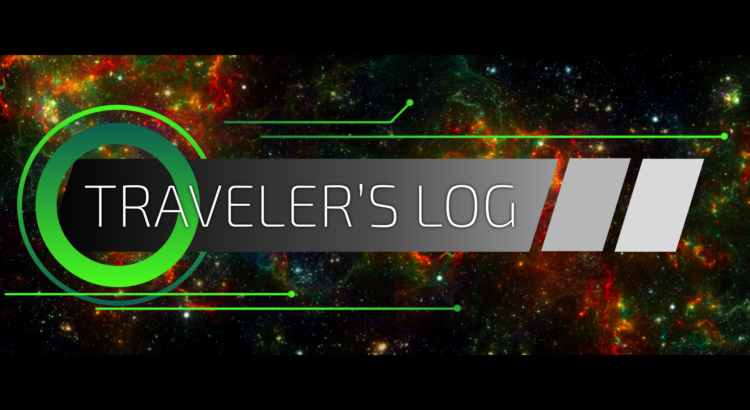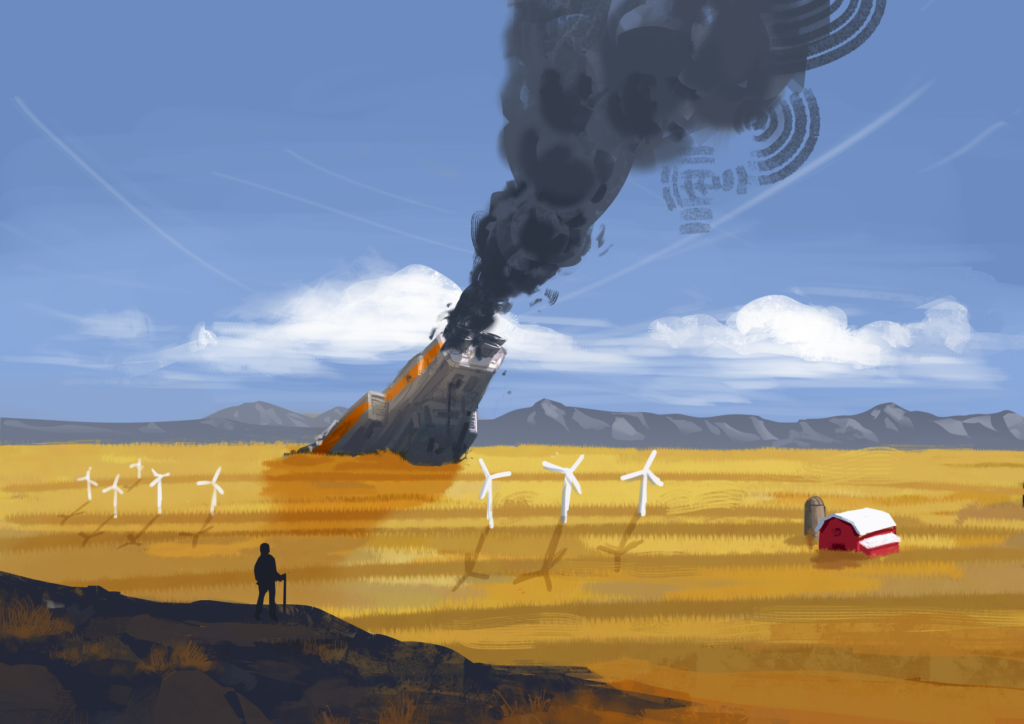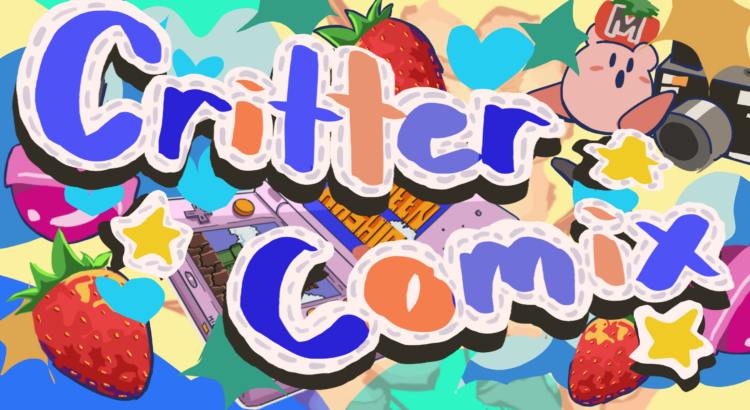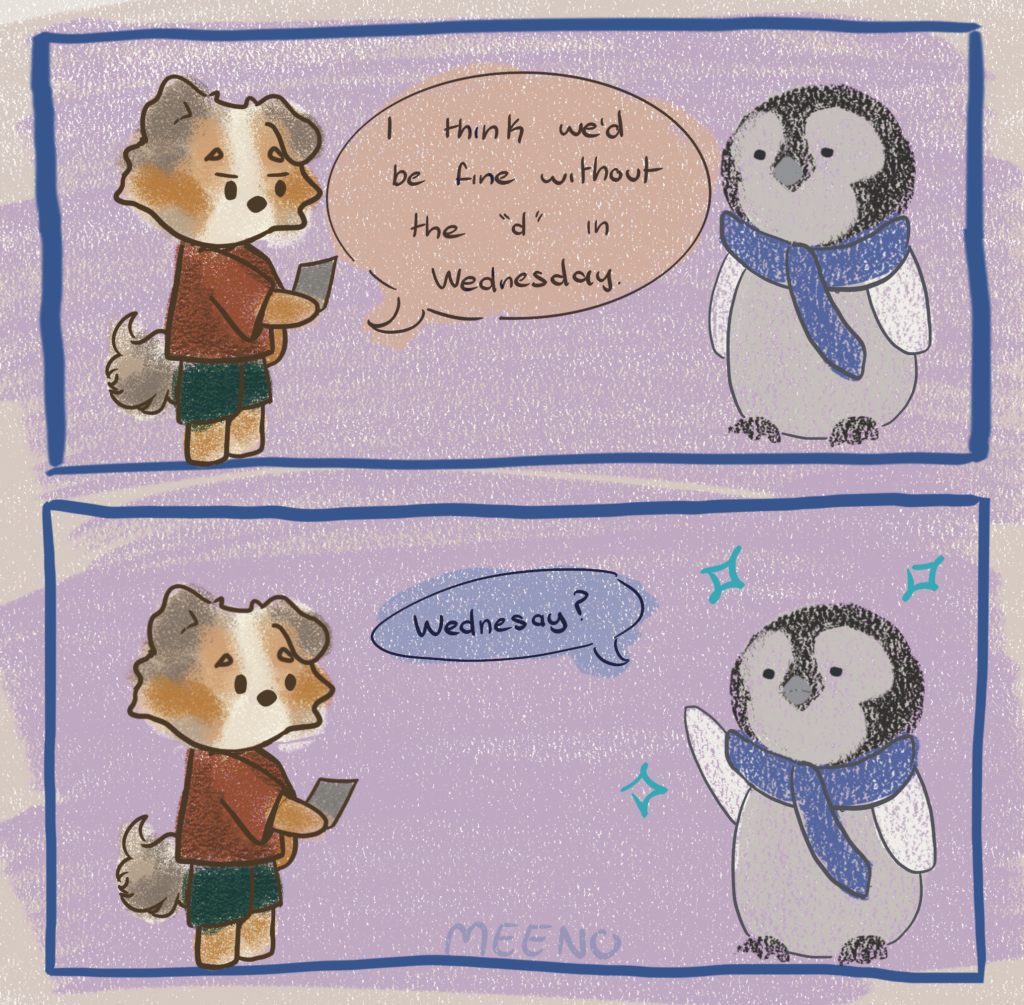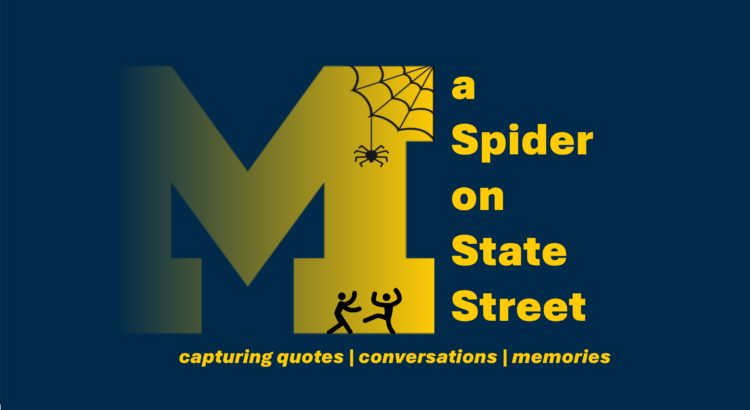I’m a sucker for a sad, heavy show, so when I saw the description for Netflix’s new mini-series Adolescence, I knew I was in for one helluva tear-filled binge watch.
Now, I want to note that this is not a review of the show. I thought it was extraordinarily well done from a creative standpoint and the actors killed it. If you want a sad story with some important stuff to say, it’s more than worth it.
But since being exposed to abolitionist thinking, I watch shows like this differently. There are an abundance of shows depicting crime and punishment floating around. Art and life are caught up in a never-ending feedback loop with each other, so it makes sense. But it’s hard to watch something as heartbreaking as Adolescence and not call certain narratives into question.
The series opens with one trauma after another: First thing in the morning, 13-year-old Jamie Miller is arrested from his bed. His family is shouted at to show their hands and get on the floor. Jamie is promptly taken away in a police car with little explanation given to his frantic parents. He is taken into custody, strip searched, and put in a cell. The strip searching scene in particular got me: nothing was shown, but the looks on the faces of everyone else in the room and the officer’s voice instructing him to show the most intimate parts of his body made me vaguely nauseous even from the safety of my living room. I appreciate honest art, but that doesn’t make it any easier to watch.
Jamie is accused of murdering his classmate, Katie. By the end of the first episode, we find out it’s true. He’s guilty. The crime is revealed to have occurred against a background of online bullying and incel culture, with Jamie having picked up misogynist ideals in the process.
Our justice system in the US is, of course, a bit different than in the UK where the series takes place, but many of the practices depicted ring true to the experiences of incarcerated folks here, as well. I remember one incarcerated woman I spoke to talking about how she’d seen a list of events that could traumatize a person, and how inmates are subjected to most of those things on a daily basis.
It’s impossible to imagine a 13-year-old boy ever being able to feel safe while incarcerated, and the fact is, incarceration is often not safe for those in custody. Whether it’s a strip search or constantly being snapped at by guards with deadly weapons, prison is not a safe place. It’s certainly not a place to reflect deeply on your actions and heal the wounds that contributed to them.
And that’s the thing about prisons: they don’t directly address harm. They punish wrongs against the state, and that’s not always the same thing.
Sending Jamie to prison won’t bring Katie back. Nor will it address the tremendous pain her family must be experiencing, or any trauma inflicted on the other kids at the school. When one of Katie’s friends gets into a physical fight with another student over his role in what happened to Katie, we see how trauma begets more trauma, possibly leading to the criminalization of yet another child. Incarceration cannot solve any of these things. Punishment as a philosophy cannot heal wounds caused by harm.
A long period of imprisonment for Jamie also fails to address the pain experienced by his own family. They had armed officers break down their door early in the morning and pull their son out of bed to take him away. They were bullied and shunned by their community for a crime that they were not directly responsible for. They have to mourn the loss of a son who, though still living, will likely never be a part of their daily lives in the same way again. Taking Jamie away punishes them, too.
Maybe it’s easier to accept harsh, punitive measures when it feels like justice. But if they fail to actually address the harm experienced by Katie or the community, and if they fail to help Jamie understand and take accountability for the harm he has caused, then what’s the purpose?
And here’s the kicker: the focus on punitive systems takes away Katie’s humanity, too. One of the few criticisms I’ve seen repeated about this series is how little we know about Katie by the end. The entire show focuses on Jamie and his looming punishment, and rather than being an oversight on the part of the show’s creators, this is a perfect reflection of how the system actually works. The tunnel vision on the act of punishing a wrong leaves no space for the person who was harmed in the first place. In the eyes of the criminal justice system, the fundamental issue is that Jamie broke the law, not that Jamie caused another person harm.
Punishing Jamie also fails to address the issue that led to him committing a crime in the first place. There is simply nothing that can fix a child losing their life, but do we not owe it to ourselves and our communities to minimize the risk of it happening again? Thing is, crime never happens in a vacuum. Jamie wasn’t magically born a murderer. One thing Adolescence does well is helping us to understand what could drive a child to hurt another child. Putting Jamie in jail will not take away the circumstances that created an environment where a crime like that could happen. Online bullying and kids getting radicalized on the internet are not solved by locking up a child.
Here’s another pill that may be hard to swallow: Jamie is not all bad. No human being is. The show has moments where we see his humanity clearly, like when he asks for his dad during intake. He has moments where he’s polite and even kind of sweet. None of that excuses what he did, but it reminds us that no life is made up of a single moment. If he could find healing and learn to understand the harm he caused, could the community not benefit from his good qualities? Would we rather throw a human being away for a mistake, even a massive one, and let all the bad be, or find what opportunities we can to bring good into the world?
I’ve done a lot of volunteer work in prisons and with folks who are formerly incarcerated. Some of them hurt other people. Some of them had life sentences. None of them have ever harmed me. All of them had good qualities. I typically feel very safe in their presence. People can change. Think of the biggest mistake you’ve ever made – what if that moment defined your entire life?
Here in Michigan, we’ve had rulings in recent years that have retroactively eliminated mandatory life without parole for folks who were minors at the time they committed their crime. We know that brains are not fully developed at that age and that trauma can impact behavior. Punishing people forever for mistakes they made as children is not justice.
At the end of Adolescence, Jamie tells his family he plans to plead guilty. In doing so, he certainly forfeits the rest of his childhood, and depending on the laws where he lives, possibly the rest of his life. But even in prison, life does go on. People keep breathing and, in spite of horrific circumstances, they often keep growing. At least here in Michigan, life sentences can, in rare instances, be commuted, and people can come home. I’ve met some of those people. All I can hope is that Jamie’s story will have that kind of miracle. That the ending will be at least as complicated as the crime that began this heartbreaking story, and maybe just a little less painful. That maybe there will be some second chance and he’ll be able to truly reckon with the fallout of his actions, rather than just stewing in them for the rest of his life without learning anything. That maybe he’ll be able to put good deeds into the world to balance out the bad. That maybe we didn’t take his humanity when he took Katie’s life. That maybe two lives don’t have to be lost and two families don’t have to bear that loss.
Right and wrong and harm and healing are not black and white. They are complex sets of actions taken by people who contain multitudes living under systems that harm. Human beings are not all good or bad, they are just whole, and that doesn’t make things easier. It makes them harder. The question we have to ask ourselves is what we are going to do when difficult, painful things happen. Are we going to address the problem, or are we just going to try and lock people up so we don’t have to look at it?

